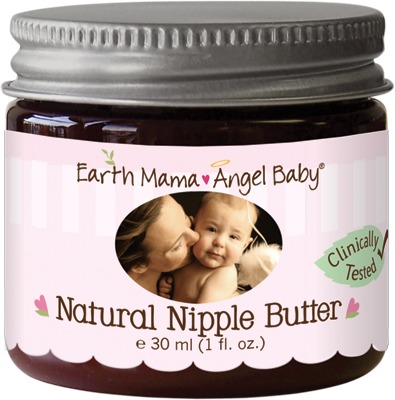 |
| The Village Supports you |
Congratulations! You are a survivor and now you’re expecting. For many women, this time raises concerns. Many women who have survived breast cancer and go on to have children wonder if they can breastfeed. Breastfeeding can become challenging for a mother under the best circumstances, but breastfeeding after surviving breast cancer poses different concerns. Depending on how long after your battle with cancer and if any tissue was removed, will determine your success rate. But there is hope!
1. Seek Needed Support
 |
| Find an IBCLC |
2. Understand Breastfeeding
During the first month of breastfeeding, be prepared for the demand exclusive feeding creates. Contrary to the belief of many, the first few months of breast feeding are difficult for any mother. Keep in mind that breastfeeding runs on a supply and demand function. The more frequent that you nurse, the more milk your breasts will produce. You can download a copy of Will My Milk Be Enough? 3 Tips for promoting successful breastfeeding. My free guide to getting you started on the right step!3. Proper Care for Your Breasts
Your breasts are tender and need to be properly cared for, especially when you are breastfeeding. It is a good idea to apply some form of nipple cream on your nipples to ensure that they do not become painful due to cracking and peeling. You will want to apply this cream on a daily basis. Everyone has their preference. I like Earth Mama Angel Baby Natural Nipple Butter. It is natural and non-toxic. Also, self-expressing milk and |
| Great for soar nipples and is non-toxic |
